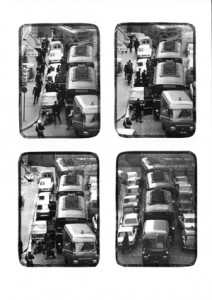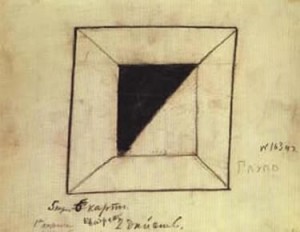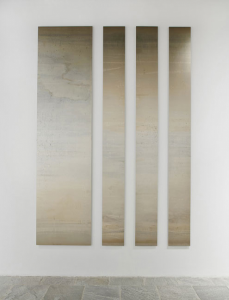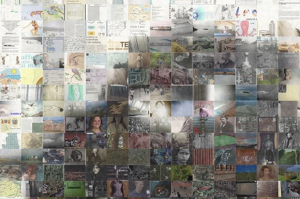
Didier Bay’s Photographic Sociology of Post-1968 Paris
Even the seeming agency of individual taste becomes an ossified representation of categorized, predictable choices and habits such that, according to class, education, and political leanings, individuals could be predicted to demonstrate affinities for Bach or Brassens, Le Monde or Le Figaro, tennis or football, a tidy or a harmoniously designed home.











